
A joint research to turn bauxite residue into fertile soil receives a special recognition
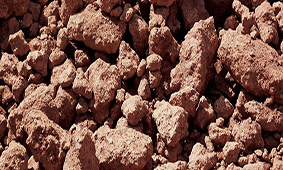
They are trying a new process that uses eco-engineering technology to alter the minerals in the red mud into a soil-like material suitable for plant growth. If successful, the research could help transform the way alumina refineries rehabilitate red mud dams.
Led by the Sustainable Minerals Institute’s Professor Longbin Huang, the research team works closely with employees at the Yarwun and QAL refineries in Gladstone and Gove in the Northern Territory.
Earlier this year, the trio won the Achieving Resilient Environments and Livelihoods Award at the UQ Partners in Research Excellence Awards in Brisbane. The award was given to acknowledge the quality of the research and the strength of the partnership.
Bauxite residue is a major waste product generated during alumina refining. Worldwide, there are currently hundreds of millions of tonnes of red mud, with significant rehabilitation work required to return the land to a natural ecosystem once refining operations cease.
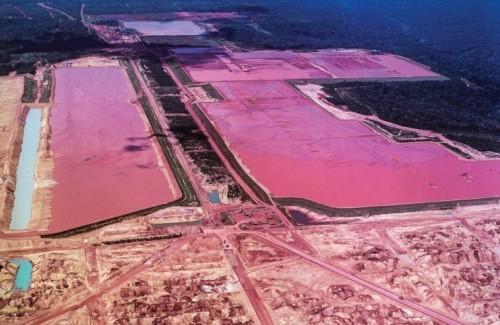


Gold price eases after Trump downplays clash with Fed chair Powell
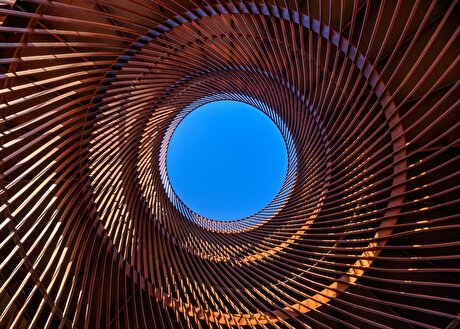
Copper price hits new record as tariff deadline looms

Chile’s 2025 vote puts mining sector’s future on the line
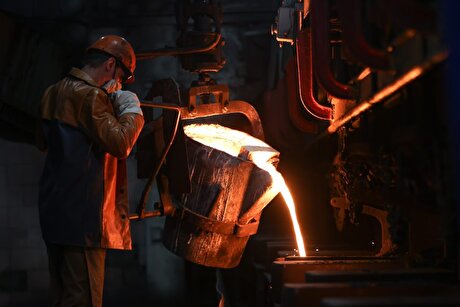
Brazil producers look to halt pig iron output as US tariff threat crimps demand

Gold price could hit $4,000 by year-end, says Fidelity
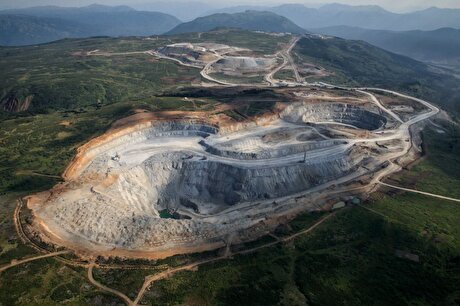
Three workers rescued after 60 hours trapped in Canada mine
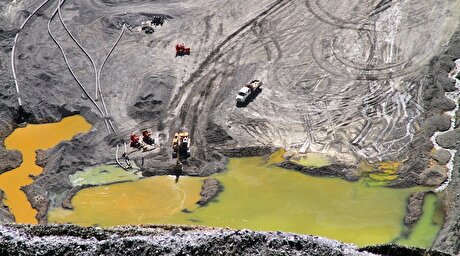
US targets mine waste to boost local critical minerals supply
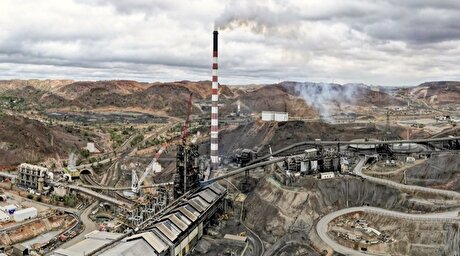
Glencore workers brace for layoffs on looming Mount Isa shutdown

Column: EU’s pledge for $250 billion of US energy imports is delusional
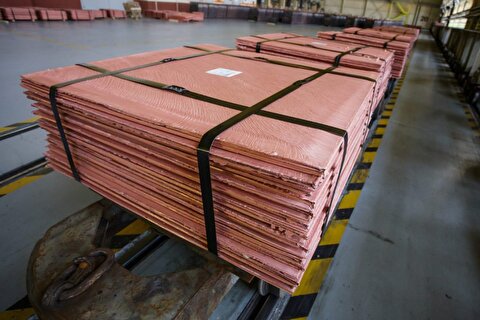
Trump tariff surprise triggers implosion of massive copper trade

Maxus expands land holdings at Quarry antimony project in British Columbia

BHP, Vale accused of ‘cheating’ UK law firm out of $1.7 billion in fees
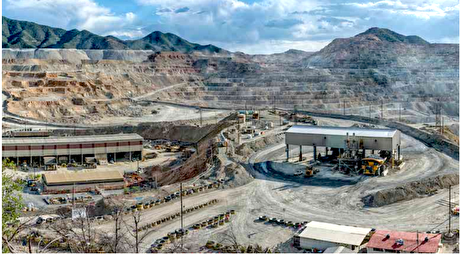
Southern Copper eyes $10.2B Mexico investment pending talks
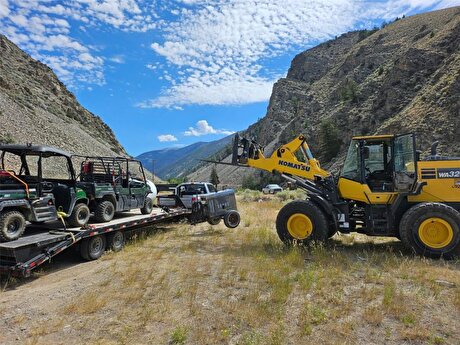
American Tungsten gets site remediation plan approved for Ima mine in Idaho
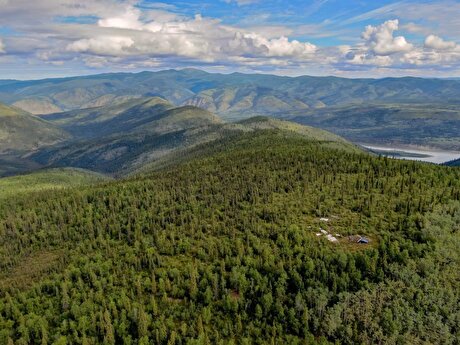
Kinross divests entire 12% stake in Yukon-focused White Gold

Gold price could hit $4,000 by year-end, says Fidelity

Southern Copper expects turmoil from US-China trade war to hit copper

Ramaco Resources secures five year permit for Brook rare earth mine in Wyoming

Column: EU’s pledge for $250 billion of US energy imports is delusional

Trump tariff surprise triggers implosion of massive copper trade

Maxus expands land holdings at Quarry antimony project in British Columbia

BHP, Vale accused of ‘cheating’ UK law firm out of $1.7 billion in fees

Southern Copper eyes $10.2B Mexico investment pending talks

American Tungsten gets site remediation plan approved for Ima mine in Idaho

Kinross divests entire 12% stake in Yukon-focused White Gold

Gold price could hit $4,000 by year-end, says Fidelity

Southern Copper expects turmoil from US-China trade war to hit copper

Ramaco Resources secures five year permit for Brook rare earth mine in Wyoming














